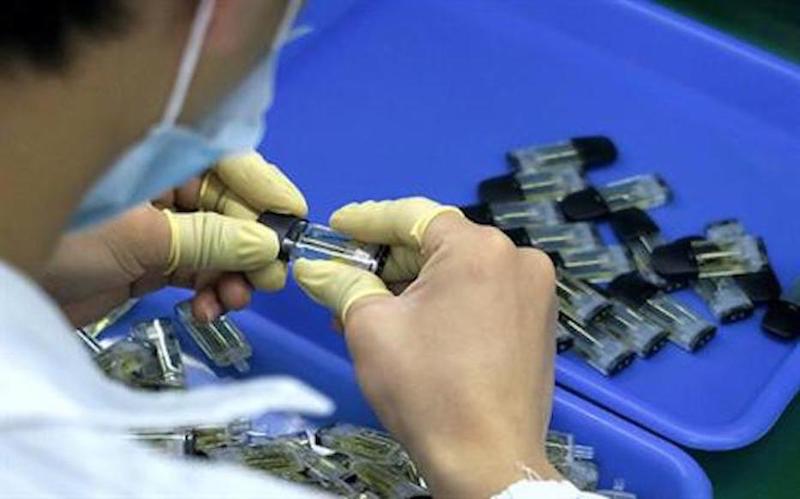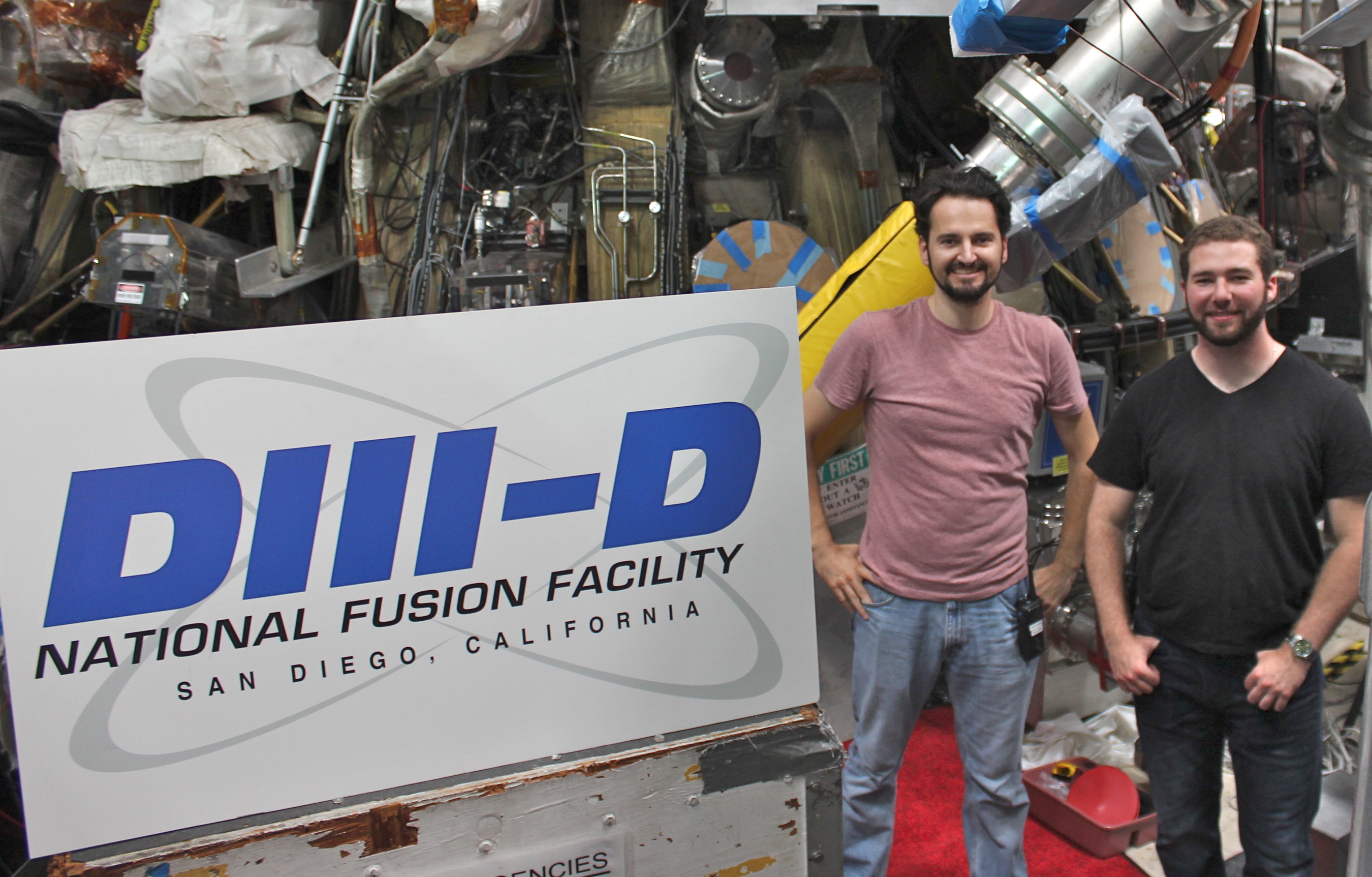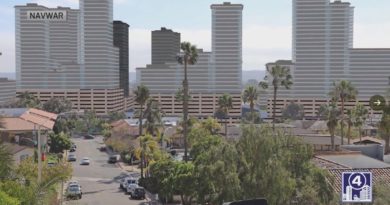Daily Business Report-Dec. 15, 2020
Filling e-cigarette with flavored liquid. (Photo credit: Pixabay)
The un-appeal of banana: Liquid e-cigarette
flavorings measurably injure the lungs
Known for their appetizing flavors, such as bubblegum, banana and strawberry, e-cigarettes continue to grow in popularity around the world. Promoted by makers as a “healthy” alternative to regular tobacco cigarettes, researchers are finding e-cigarettes, or vaping, still result in injury to the lungs.
In a recent study published in the American Journal of Physiology, teams at University of California San Diego School of Medicine, the Royal Adelaide Hospital and the University of Adelaide School of Medicine in Australia found that the flavoring chemicals of e-cigarette vapor alone can measurably damage the lungs, regardless of the presence of nicotine.
“Ninety-nine percent of e-cigarette liquids are flavored. To create these flavor profiles, companies are adding multiple chemicals to achieve that ‘perfect’ taste,” said Laura Crotty Alexander, M.D., associate professor of medicine in the Division of Pulmonary, Critical Care and Sleep Medicine at UC San Diego School of Medicine and section chief of Pulmonary Critical Care at Veterans Affairs San Diego Healthcare System. “These chemicals have been found to be toxic to the lungs. When inhaled, they wreak havoc on the lungs and affect specialized protein levels that help keep the body’s immune system on track.”
__________________________________________________
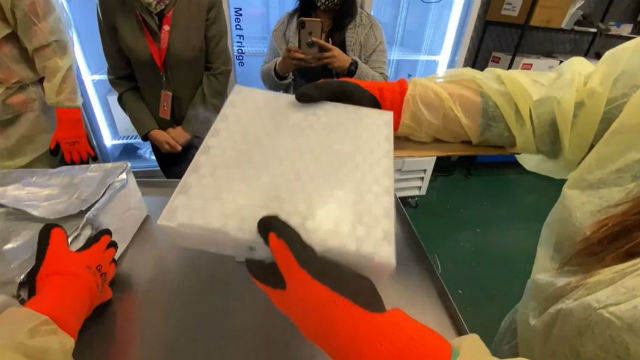
First doses of Pfizer COVID-19 vaccine arrive in San Diego
The first local doses of the new Pfizer COVID-19 vaccine arrived at Naval Medical Center San Diego and a county health facility on Monday.
“This week marks a historic first step in getting the COVID vaccine to everyone who wants it,” said Rear Adm. Timothy Weber, commander of Naval Medical Forces Pacific.
Weber said military vaccinations would begin Tuesday at the medical center, and later in the week at Naval Hospital Camp Pendleton. Navy and Marine Corps frontline healthcare workers and emergency responders will be the first to receive the vaccine.
On the civilian side, the San Diego County Health and Human Services Agency, UC San Diego Medical Center and Rady Children’s Hospital will split some 28,000 doses of the vaccine — part of around 327,000 doses California is expected to receive in the first distribution. There was no immediate word on when vaccinations would begin.
The county’s initial allotment will cover around 72% of what is needed for “all identified healthcare first-tier recipients,” San Diego County spokesman Jose Alvarez said. Additional allotments are expected over the next few weeks.
Vaccinations at skilled nursing facilities will be handled separately. Allocations earmarked for nursing facilities will go to commercial pharmacies to be directly administered to skilled nursing facility residents and staff under a contract with the federal government.
__________________________________________________
Award-winning cancer researcher to join Salk faculty
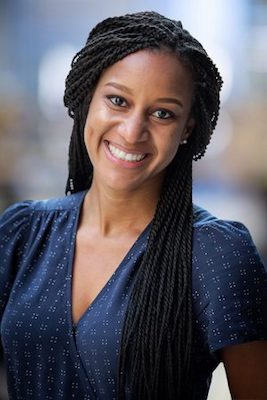
The Salk Institute welcomes Assistant Professor Christina Towers, a top researcher in the field of cancer biology. Towers will join Salk’s renowned NCI-designated Cancer Center to examine how cancer cells recycle both their own nutrients and the power-generating structures called mitochondria in order to survive.
Her long-term goal is to improve the treatment options for cancer patients.
Towers joins Salk from the University of Colorado Denver Anschutz Medical Campus, where she was a postdoctoral fellow in the lab of Andrew Thorburn. She holds numerous awards including the Outstanding Dissertation Award for her Ph.D. in molecular biology from the University of Colorado, the Pathway to Independence K99/R00 award, the Cancer League of Colorado Pilot Award, the American Cancer Society Postdoctoral Fellowship, two NRSA NIH T32 awards, the UNCF/Merck Graduate Science Research Dissertation Fellowship, the NIH RO-1 Diversity Supplement Graduate Fellowship, three UC Department of Pharmacology Excellence in Research Awards, along with many others.
The BioMed Realty Management Team has announced that it will match up to $1 million to fund Towers’ recruitment and to support her research and that of the Salk Cancer Center.
__________________________________________________
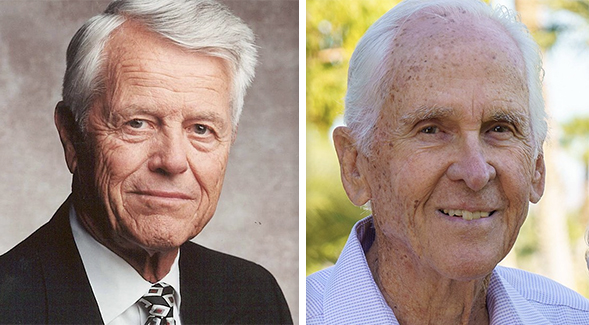
Philanthropists gift $500,000 to SDSU to
establish Hal Brown Career Learning program
San Diego State University has announced a $500,000 gift from San Diego philanthropists Malin Burnham and Bob Payne (’55) to establish the Hal Brown Career Learning and Understanding Biases (HB CLUB) program, designed to further the success of SDSU’s Black/African American students in becoming the next generation of community and business leaders.
The program is named for Harold K. Brown (’59), a noted civil rights and community and economic development leader who fought racial discrimination to bring social and economic opportunity to underserved areas of San Diego.
The gift is an echo of the trio’s efforts in 1998 to promote understanding among races through a group they formed called Community Leaders Undoing Biases (CLUB). Brown, Burnham, and Payne would host lunches featuring speakers on such topics as “Breaking the Racial Divide,” but as Payne recalls, their effectiveness was limited.
__________________________________________________

This flexible and rechargeable battery is
10 times more powerful than state of the art
A team of researchers has developed a flexible, rechargeable silver oxide-zinc battery with a five to 10 times greater areal energy density than state of the art. The battery also is easier to manufacture; while most flexible batteries need to be manufactured in sterile conditions, under vacuum, this one can be screen printed in normal lab conditions. The device can be used in flexible, stretchable electronics for wearables as well as soft robotics.
The team, made up of researchers at the University of California San Diego and California-based company ZPower, details their findings in the Dec. 7 issue of the journal Joule.
“Our batteries can be designed around electronics, instead of electronics needed to be designed around batteries,” said Lu Yin, one of the paper’s co-first authors and a Ph.D. student in the research group of UC San Diego’s nanoengineering Professor Joseph Wang.
The areal capacity for this innovative battery is 50 milliamps per square centimeter at room temperature–this is 10-20 times greater than the areal capacity of a typical Lithium ion battery. So for the same surface area, the battery described in Joule can provide 5 to 10 times more power.
“This kind of areal capacity has never been obtained before,” Yin said. “And our manufacturing method is affordable and scalable.”
__________________________________________________
Governor unveils new ethics policy
CalMatters
Gov. Gavin Newsom on Friday unveiled a new ethics policy that prevents his paid political and campaign consultants from directly lobbying him, his staff or state agencies he controls with the goal of influencing legislative or administrative action. The new policy also prohibits registered lobbyists from serving as paid consultants to Newsom and creates a new Chief Ethics Advisor position. The move came a day after a scathing editorial in the Sacramento Bee argued that Newsom’s appointment of registered lobbyist Jim DeBoo as a top aide raised “troubling ethical questions” — and about a month after Newsom attended a dinner party at the French Laundry with multiple lobbyists. While some experts characterized the new policy as groundbreaking, others pointed out that it doesn’t prevent Newsom from taking on unpaid consultants who are also registered lobbyists.
Unemployment backlog still growing
The problems just keep racking up at California’s beleaguered unemployment department. Despite the state’s vow to clear all backlogged claims by the end of January, the backlog has steadily grown for a month, climbing from 543,000 claims on Nov. 12 to 748,000 on Friday. Meanwhile, thousands of Californians may be forced to repay some of their benefits to the Employment Development Department due to a logistical complication in how they reported their income.
Reports of fraud also continue to dog EDD. A Pasadena man was arraigned Friday on federal charges alleging he bought a Maserati SUV with hundreds of thousands of dollars in fraudulently obtained benefits. Prosecutors estimate EDD has paid at least $2 billion in fraudulent claims amid the pandemic — but the actual number is likely much higher, according to a Friday report from the California Center for Jobs and the Economy.
__________________________________________________
General Atomics books $305 million
Air Force Reaper UAV support contract
GovCon Wire
General Atomics will help the U.S. Air Force maintain the service branch’s MQ-9 Reaper unmanned aerial vehicles under a two-year, $305.2 million contract.
The sole-source, cost-plus-fixed-fee contractor logistics contract includes depot repair and maintenance of the multimission remotely piloted aircraft, sustaining engineering, program and configuration management and warehouse support services, the Department of Defense said.
DoD added the company will maintain technical data and software.
The service branch will obligate $65.4 million at the time of award from its fiscal 2021 operation and maintenance funds.
According to the Air Force, the MQ-9 RPA is designed primarily to disable or destroy time-sensitive targets and has a secondary function as an intelligence-gathering platform.
__________________________________________________
Biocept announces receipt of samples
for COVID-19 testing, and relocation
Biocept Inc.announced that it has received more than 150,000 samples for COVID-19 RT-PCR testing to date and has continued to report the vast majority of results to customers within 48 hours of receiving a sample. The company also announced the successful relocation to its new corporate headquarters and molecular laboratory facility in San Diego.
“All clinical operations at the new facility are fully functioning, including our newly designed state-of-art CLIA-certified and CAP-accredited laboratory. We are pleased with the smooth transition, and our ability to seamlessly continue serving physicians and patients with both oncology and COVID-19 testing,” said Biocept CFO and SVP of Operations Tim Kennedy. “Our new facility was designed specifically to align with our commercial, development and administrative needs, with the bonus of an expected 20 percebt annualized reduction in rent and other facility costs.”
The company’s new 39,000-square-foot headquarters, manufacturing and lab facility is located at 9955 Mesa Rim Road, San Diego, CA92121.
CaseyGerry partner elected to lead ABOTA
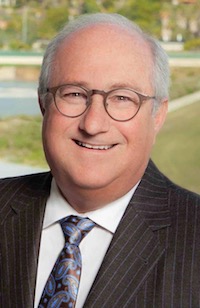
Frederick Schenk– a longtime partner with San Diego-based CaseyGerry – has been elected president of the San Diego chapter of the American Board of Trial Advocates (ABOTA).
Schenk will serve a one-year term as president of the local chapter of ABOTA. An invitation-only national association, ABOTA is committed to the preservation and promotion of the civil jury trial and comprised of the country’s leading judges and trial lawyers.
An attorney with CaseyGerry since 1983, Schenk concentrates his practice on serious personal injury and products liability. Active in the community, he is past-president and a current member of the board of directors, 22nd District Agricultural Association (San Diego County Fair Board), past-president of the Civil Justice Foundation, a Washington D.C.-based non-profit organization dedicated to defending consumer access to justice; past-president of The Lawrence Family Jewish Community Center; and was appointed to serve on the American Association for Justice’s (AAJ) Robert L. Habush Endowment board of directors.
He is the only San Diego attorney on the AAJ’s board of governors, is a fellow with the National Academy of Advocacy and served on the board of directors of the American Board of Trial Advocates. Additionally, he is a recipient of the San Diego County Bar Association’s Community Service Award.
A resident of San Diego’s Carmel Valley neighborhood, Schenk earned his J.D. from the University of San Diego and his bachelor’s degree from UCLA.

